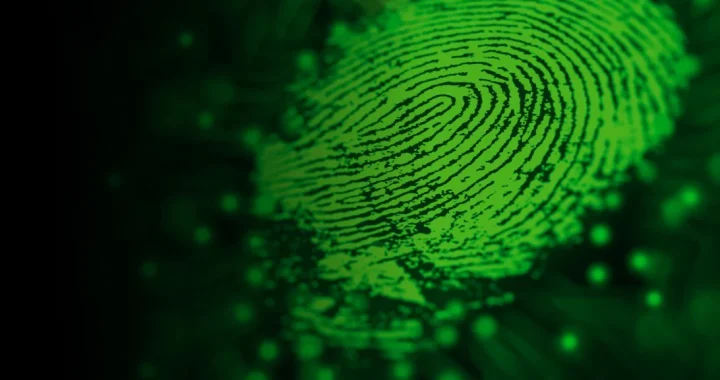Leadership In The Modern Workplace

In today’s dynamic and rapidly evolving workplace, the role of leadership has taken on a new dimension. This shift is driven by changes in technology, communication, and workforce demographics. Here, we’ll examine leadership in the modern workplace, focusing on key aspects that define effective leadership in this era. See over here to get valuable information about leadership and management training courses.
Adaptability and flexibility
Modern leaders must be adaptable and flexible. The pace of change in the business landscape demands leaders who can pivot and adjust strategies rapidly. This includes embracing new technologies, responding to market shifts, and accommodating diverse work arrangements. Leaders who can lead with agility are better equipped to guide their teams through uncertainty.
Empowerment and collaboration
Command-and-control leadership styles are giving way to empowerment and collaboration. Effective leaders in the modern workplace encourage their teams to take ownership of their work, fostering a sense of responsibility and autonomy. Collaboration is key, as cross-functional teams and remote work become more prevalent. Leaders who can facilitate productive collaboration are more likely to succeed.
Tech-savviness
In a tech-driven world, leaders need to be tech-savvy. They should understand the digital tools and platforms used in their industry, harness data for informed decision-making, and embrace innovation. Tech-savvy leaders can better navigate the digital transformation of businesses and harness the potential of emerging technologies.
Diversity and inclusion
Modern workplaces are more diverse than ever. Effective leaders recognize the value of diversity and inclusion. They foster an environment where all voices are heard, and differences are celebrated. Inclusive leaders promote fairness and equal opportunities, which can lead to improved creativity and problem-solving.
Continuous learning
Leadership is a journey, not a destination. In the modern workplace, leaders must be committed to continuous learning and development. Staying up-to-date with industry trends, leadership best practices, and personal growth is essential for long-term success.
Ethical leadership
In an age of heightened transparency, ethical leadership is paramount. Modern leaders should uphold ethical standards and set a positive example for their teams. Ethical leadership builds trust, which is crucial for team cohesion and success.
Leadership in the modern workplace is a multifaceted role that demands adaptability, empathy, tech-savviness, and a commitment to ethical standards. Leaders who prioritize flexibility, collaboration, and continuous learning can guide their teams through the ever-changing landscape of today’s work environment.
 Why UGC Influencer Marketing Is The Future of Digital Advertising
Why UGC Influencer Marketing Is The Future of Digital Advertising  Simple Steps To Utilize Storage Spaces Like A Pro
Simple Steps To Utilize Storage Spaces Like A Pro  The Importance Of Cybersecurity Companies In The Digital Age
The Importance Of Cybersecurity Companies In The Digital Age  Choosing The Right Flooring For A Child-Friendly Home
Choosing The Right Flooring For A Child-Friendly Home  How To Choose The Right Location For Birthday Photos
How To Choose The Right Location For Birthday Photos